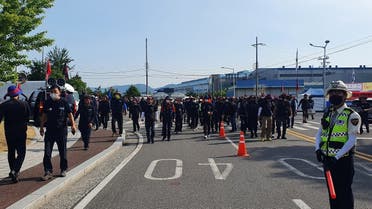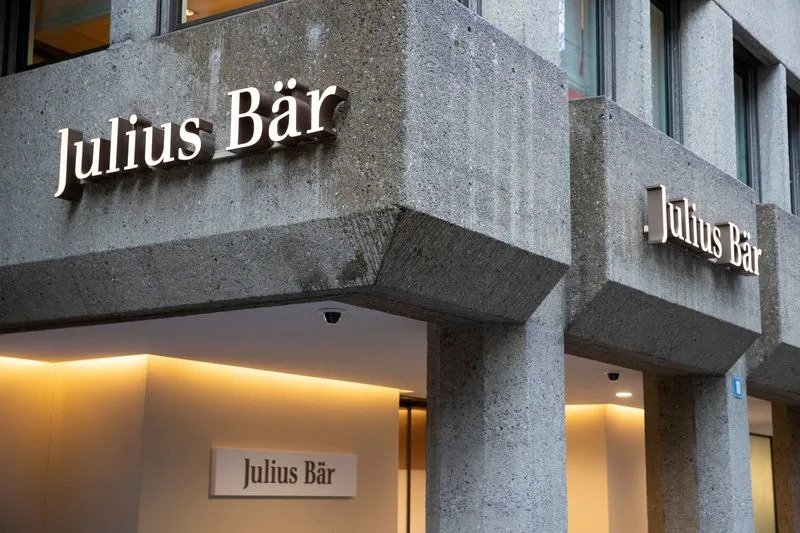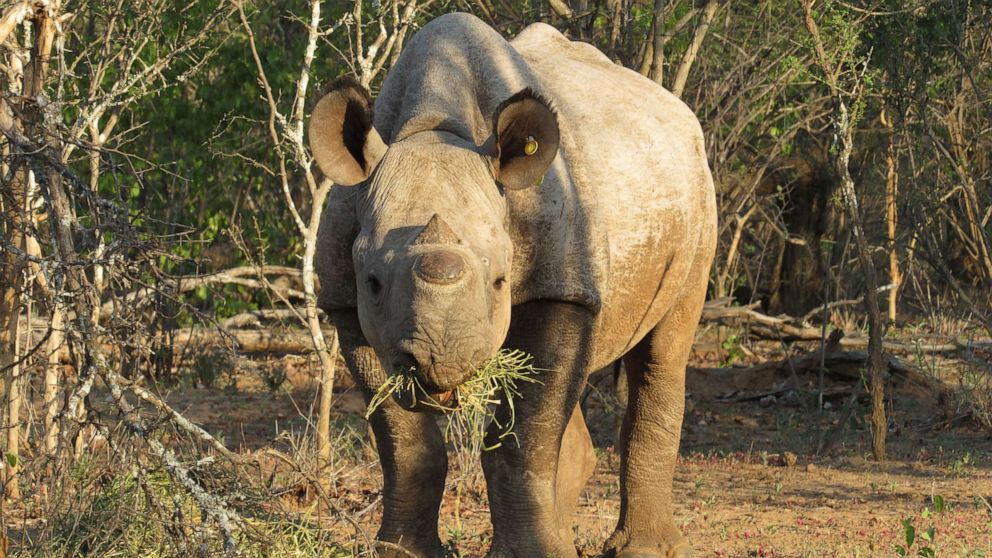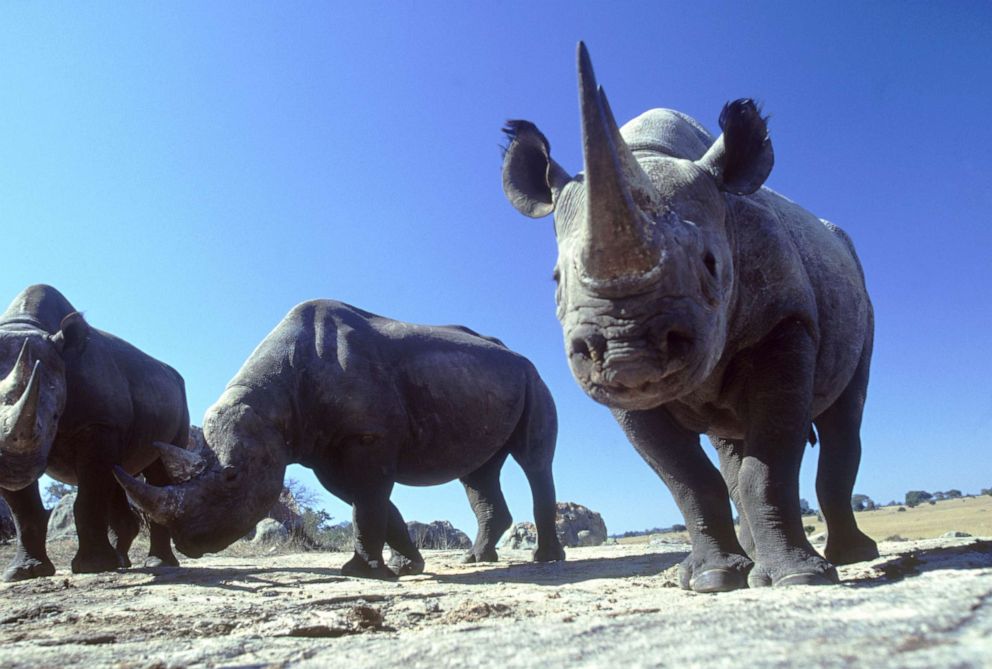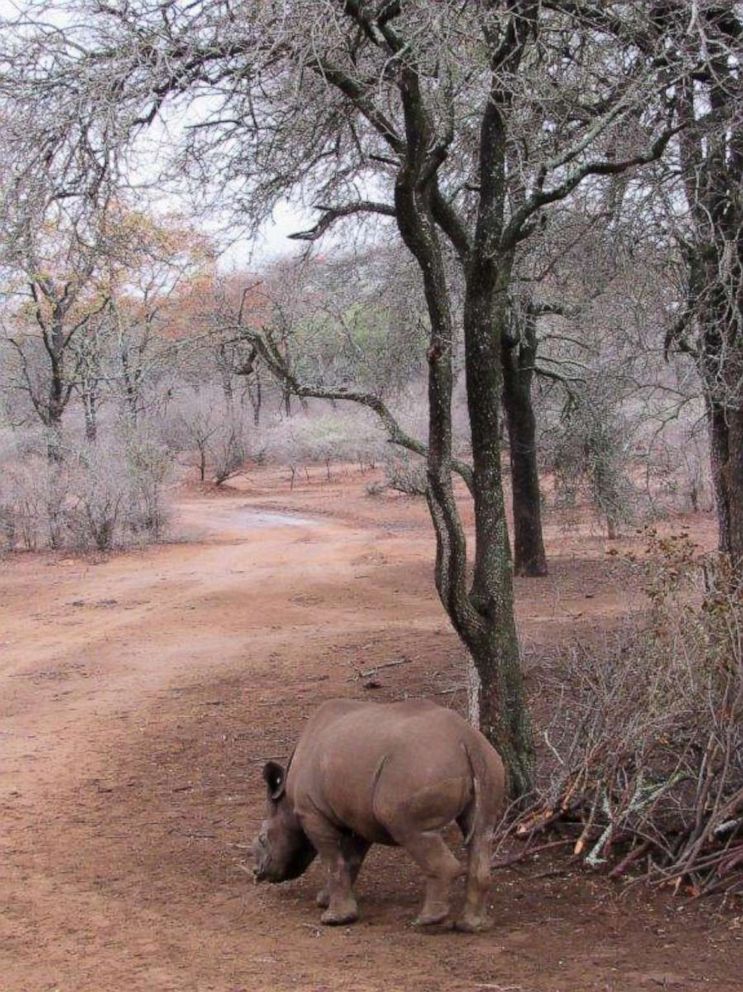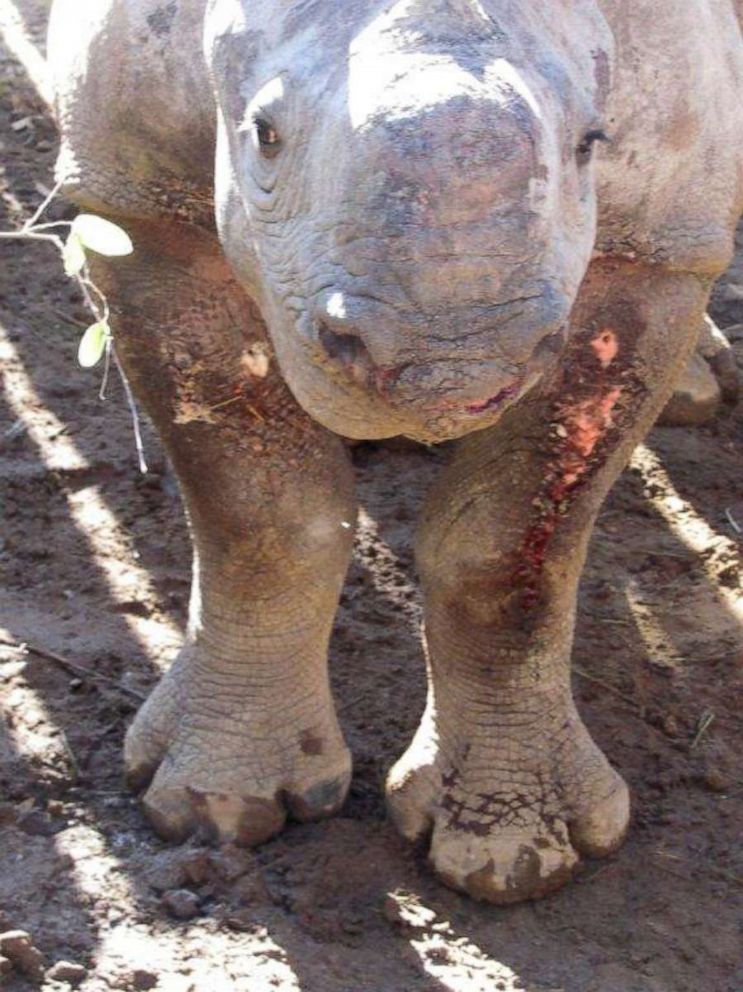Between Wishful Thinking and Fatalism: The Role of Elite Divisions in Autocracies
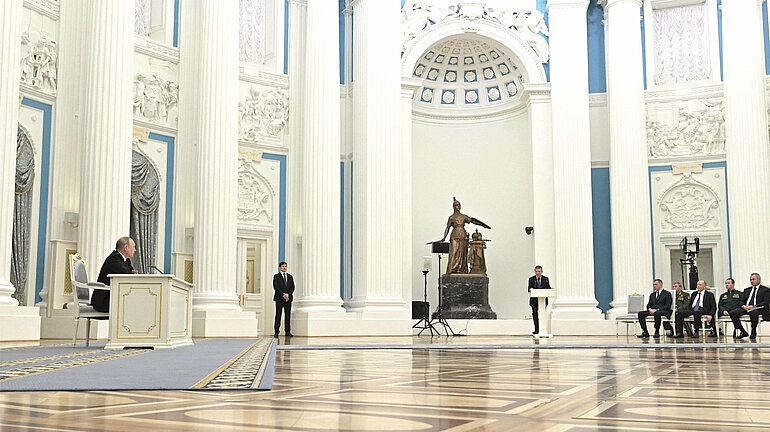
Since Russia’s invasion of Ukraine in February 2022, Russian president Vladimir Putin’s ruling strategy has underlined that economic, military, and political power is in his hands. The most obvious demonstration of Putin’s personalist authoritarian rule has consisted of extended meetings with the Security Council, whose members seem to merely approve the president’s decisions. Meanwhile, key pillars of the regime, such as the siloviki, the Federal Security Service (FSB), oligarchs, the United Russia party, and the National Guard, are caught in the middle of a brutal war, economic pressures, and societal discontent.
Putin’s increasing personalisation of power and the presence of yes-men around him cast the image that regime elites rubber-stamp Putin’s decisions. On the whole, this may be true. However, were Putin to lose the assistance of key elites tomorrow, he would be deprived of the resources, networks, and supporters they command. Such a scenario could entail high political costs for Putin’s government. As research in authoritarian politics shows, no matter how much power is concentrated in a few hands, a regime’s survival depends on keeping regime elites cooperative. That is why the Kremlin is taking harsh measures to avoid elite divisions and regime collapse.
Elite divisions and regime collapse
The scale and brutality of war, economic pressures, and societal discontent can provide fertile ground for divisions in countries like Russia and Belarus. And while some expressions of elite dissent, like the resignation of Putin adviser Anatolii Chubais, have penetrated the fog of uncertainty that surrounds elite dynamics in authoritarian politics, their limited impact on the regime’s breakdown might have turned wishful thinkers into pessimists. Following this narrative can create a sense of inevitability, whereby elite divisions are minor cracks on the road to war.
By dismissing outcomes as foregone conclusions, researchers risk overlooking why some elite divisions can induce political change while others do not. From a comparative perspective, my study on elite defections in autocracies shows that only 40 per cent of major elite divisions from the ruling party force leaders to introduce democratic reforms. These elites are current and former ministers, members of parliament or the party leadership, regional and municipal leaders, and opinion leaders who are not necessarily part of the ruling party. When these elites defect, they expose regime weaknesses and force authoritarian leaders to co-opt such elite threat through democratic reforms instead of resorting to repression.
Many authoritarian governments, nevertheless, prevent elite divisions from going viral or curb their democratising effect. But defusing these threats requires constant management, which allows observers to examine the crucial question of how elite threats are defused and what the associated costs are.
Curbing elite divisions
With Russia’s military failures, Putin has resorted to an ever-expanding menu of authoritarian control to ensure that regime elites follow his command. The strategies draw on various tools for ensuring cadre stability and cracking down on the opposition.
To curb the discontent of some key figures, the president has reappointed wavering elites to prominent positions. After the order to invade Ukraine, the discomfort of the central bank governor, Elvira Nabiullina, and of the chairman of the state bank VTB, Andrei Kostin, led to their renominations. At the same time, defections of low-ranking personnel in the state propaganda apparatus triggered a wave of resignations by journalists. However, state media managers prevented these resignations from spreading further through co-optation techniques, such as bonuses, internal checks and expulsions.
Meanwhile, protesters face unprecedented repression. And the Kremlin prevented this discontent from affecting the 2022 local and regional election results. Among other things, the authorities did not allow opposition candidates to run and took advantage of the remote electronic voting system to ensure pro-government candidates’ re-election.
Of course, an influential faction of pro-war elites exists. Yet, the above examples clearly show that the Russian authorities are investing significant resources to maintain the loyalty of elites who are central to the regime while fighting a war abroad. But resources to keep elites cooperative are finite. These facts underscore the increasing medium- and long-term costs of governance in times of growing discontent.
More divisions in the near future?
Current explanations suggest that to defect, regime elites must believe that, first, the government and its pillars cannot secure material rewards for them; second, other regime elites will join them or accede to their attempts to express discontent with the regime; and, third, a large share of citizens or existing opposition elites will sympathise with and support the defectors.
Against this backdrop, Putin has eliminated credible challengers, such as Alexei Navalny, and resorted to blunt repression to crack down on societal dissent. Many opposition figures have left the country, and cases of treason have been punished. This discourages regime elites from joining the opposition camp.
Today, the most viable explanation for elite unrest seems to be uncertainty about the distribution of material rewards, which is highly dependent on how the war in Ukraine progresses. For example, Russia’s latest military failures have encouraged ferment at the top. Even among pro-war elites, this issue can serve as an opportunity to climb the political ladder at the expense of other regime elites, increasing dissatisfaction among those who are deprived of political positions or find themselves in the spotlight of blame.
Since Russia’s elites have seen that previous escalation only made things worse, it will be hard to convince regime elites to embrace another round of escalation in exchange for appointments, economic benefits, and other promises of privileges. This can make not only power struggles and divisions in the regime but also the collapse of the regime itself more likely as the war continues. The Russian regime is battling on many fronts at home and abroad.
Dr. Adrián del Río is a Humboldt Postdoctoral Fellow and a visiting researcher at ZOiS.

